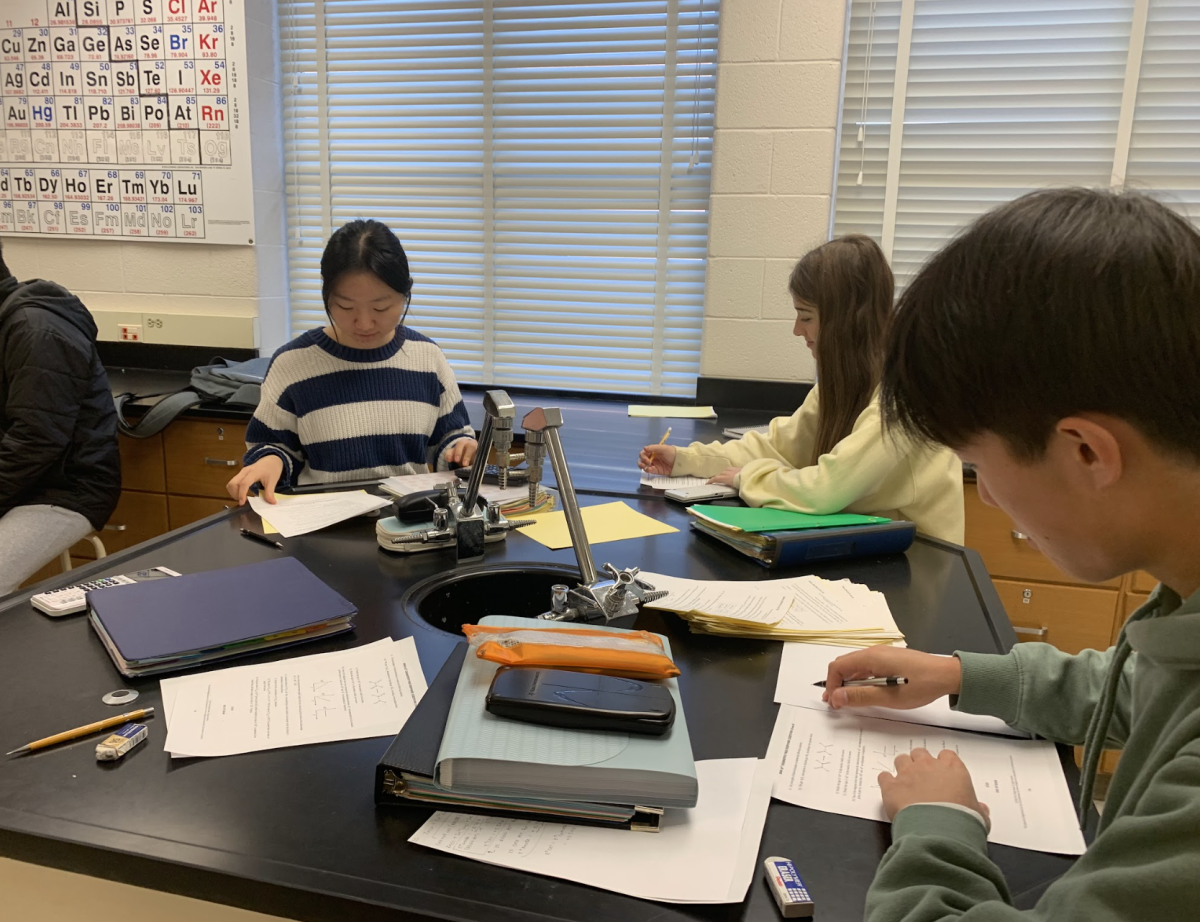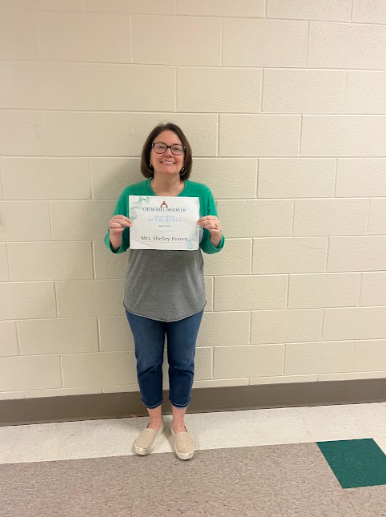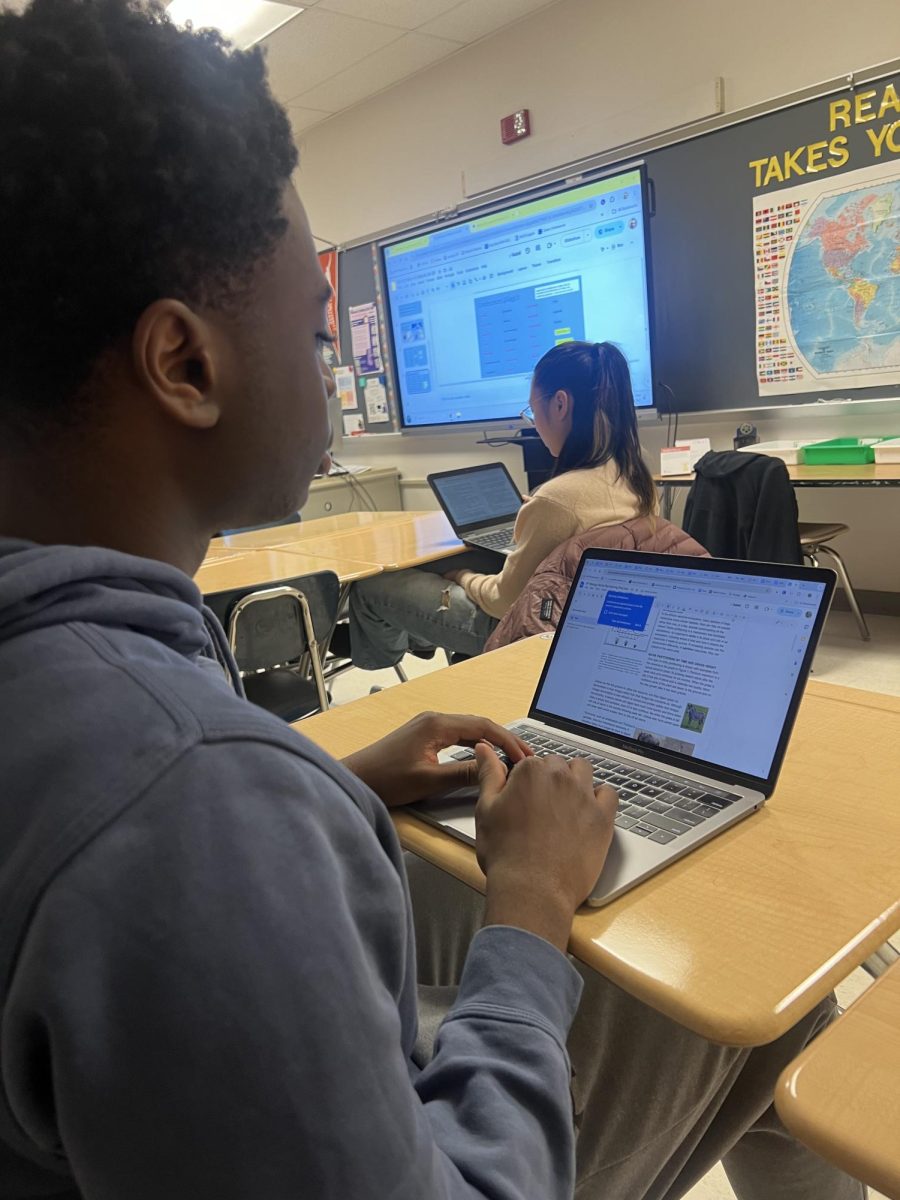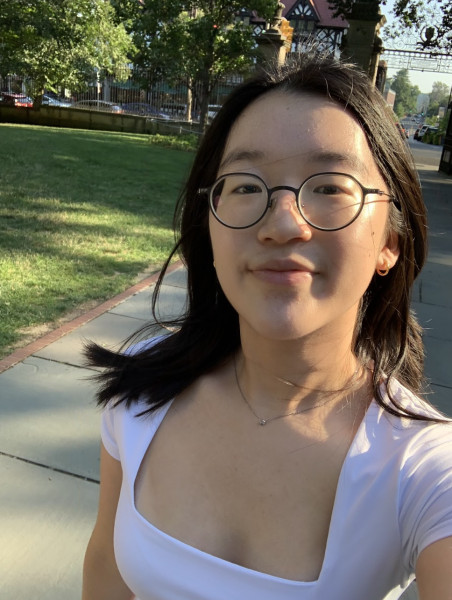Despite all AP courses undoubtedly being much more rigorous than the average high school class, there is still a classification among students of these courses as either “hard APs” or “easy APs.” With the College Board reporting that only 16% of the more than 100,000 students who took the exam scored a 5 in 2023, AP Chemistry, in particular, is perceived by many students as being extremely difficult. Especially at WCHS, where the average AP Chemistry exam score across the classes last year was 4.40, AP Chemistry is a class well-known for its spartan teaching and high standards.
In contrast to this high-achieving reputation, however, there is a distinctly steep and unforgiving learning curve in the beginning. The reason? Honors Chemistry, the prerequisite course, has long been criticized by students for not preparing the latter with the foundational learning and chemistry skills needed to succeed in the college-level learning environment.
“In Honors Chemistry, I felt like we didn’t have to actually think about things — we didn’t need to genuinely dive into any of the background behind what we learned in order to succeed,” WCHS junior and current AP Chemistry student Eva Lee said. “We were just given the equations we needed to memorize and how to use it, without anything beyond that.”
Moreover, because a mix of juniors and seniors mostly take AP Chemistry, there is a disparity between how fresh their foundation in chemistry is. Although most juniors took Honors Chemistry the year before, it has often been at least two years for the seniors, meaning they remember even less.
“If I had to rate how well Honors Chemistry prepared me [on a scale of 1-5], I would say a 0,” WCHS senior and AP Chemistry student Anne Sefen said. “The class didn’t go in-depth enough, and there was no accountability — it was too easy to pass. Even if I had taken it last year, I think that would have been the same.”
There are various possible reasons why the transition from Honors to AP Chemistry is notoriously tricky for almost all incoming students, with the first being the need for an on-level chemistry course. Furthermore, because chemistry is a graduation requirement, all underclassmen, regardless of their background, interest, or future in chemistry, undergo the same curriculum at the same pace. This system, from the perspective of students interested in diving deeper into advanced chemistry, is detrimental to their learning.
“I think the biggest problem with my Honors Chemistry class was that the students were all so different,” Lee said. “There were people who weren’t interested in chemistry, didn’t accept help, or didn’t want to do anything, so our class couldn’t move any faster than what they did. I think there needs to be an on-level chemistry course that’s equivalent to the current Honors Chemistry course, [and then] change Honors Chemistry to include more AP Chemistry.”
Another issue students point out is the 180-degree difference in how they are taught and expected to learn. Whereas Honors Chemistry focuses more on memorizing and applying rigidly set topics, in AP Chemistry, students feel they are expected to know how to understand the more profound concepts behind each of those topics, further than what they were taught the minute they walk through the doors.
“We were taught this times this divided by this, then given the same format of problems we had solved before on the tests, and not the why’s of what we were calculating,” Sefen said. “That didn’t prepare me at all for actually understanding each concept and having to apply that knowledge to questions I hadn’t seen, which is the most important skill in AP Chemistry.”
In addition to the need for more learning how to learn chemistry in the way required in the higher-level class, there is a disconnect between the two courses on a support level. Among the teachers that teach Honors Chemistry, not all are also AP Chemistry teachers; this partially explains the gaps in the curriculum and teaching but also translates into prospective AP Chemistry students feeling lost.
“Neither of my Honors Chemistry teachers taught AP Chemistry, so when I was interested in taking this class, I didn’t have a teacher that I could ask questions to about if I was ready or how I should prepare,” Lee said.
As students feel unprepared for the AP class after taking the Honors, many turn to alternative methods of studying before the new school year starts. Looking at review books and solving the summer packet are two common ways of preparation, but other students take it one step further and are convinced that that has been the secret to their ability to keep afloat.
“The only reason I’m surviving AP Chemistry right now is because I took chemistry over the summer at Montgomery College,” Sefen said. “I might go so far as to say that we [should] abolish Honors Chemistry and have all kids take it at Montgomery College instead.”









